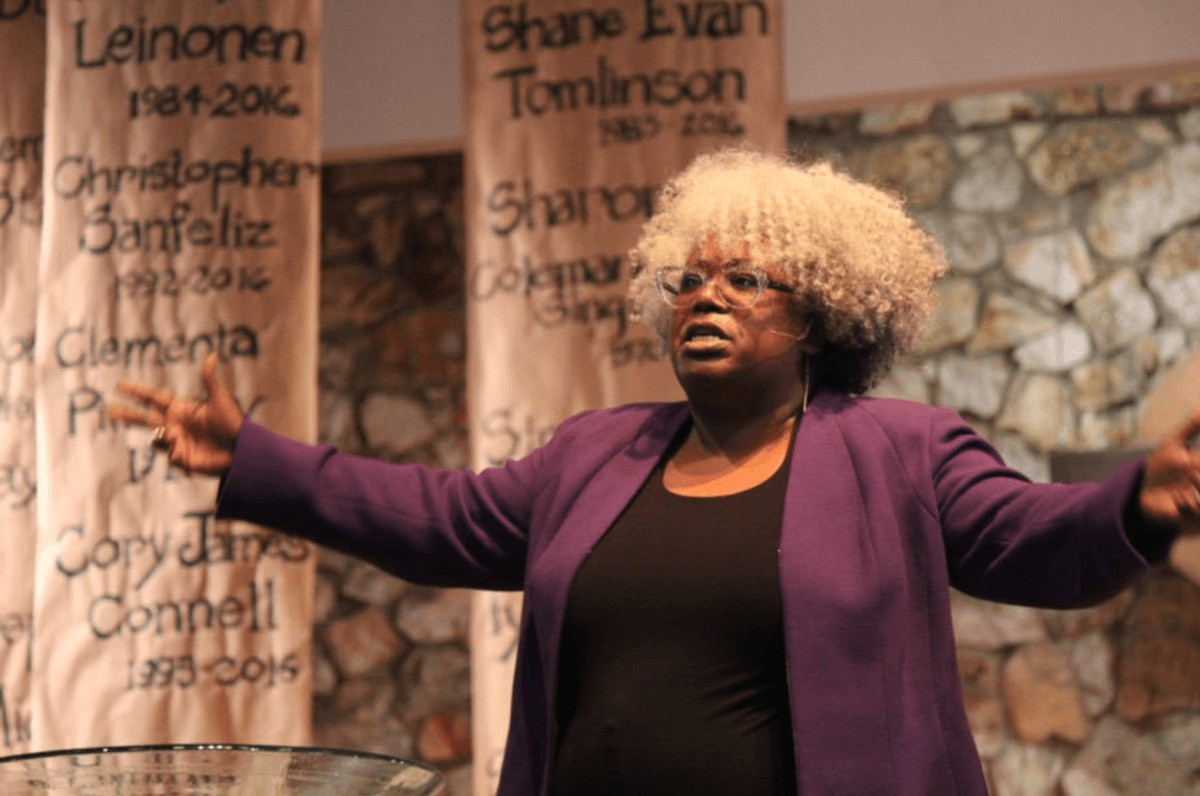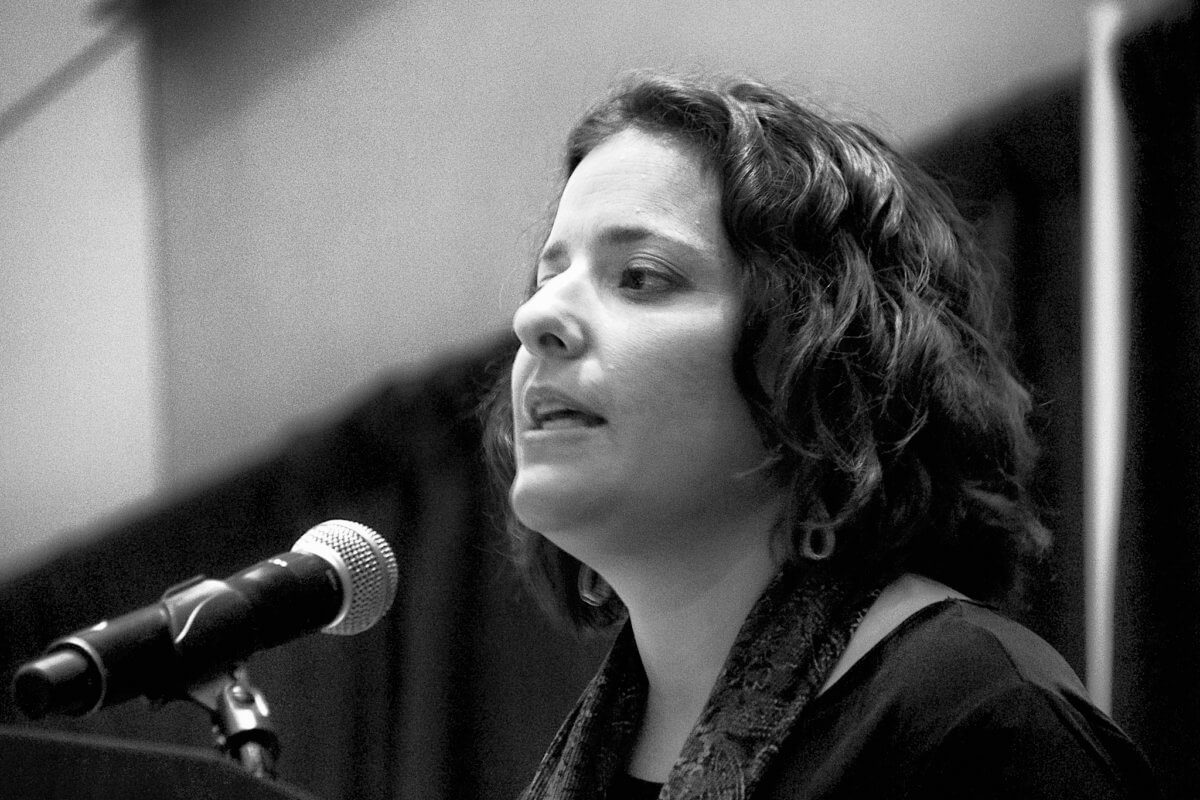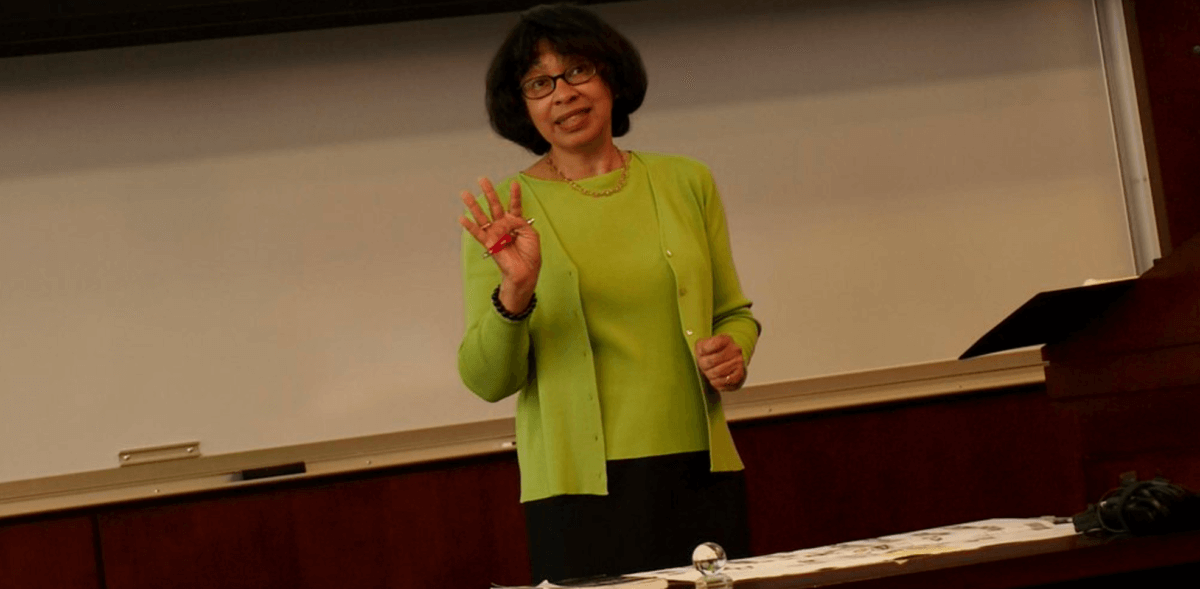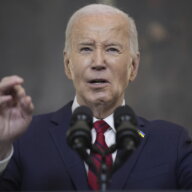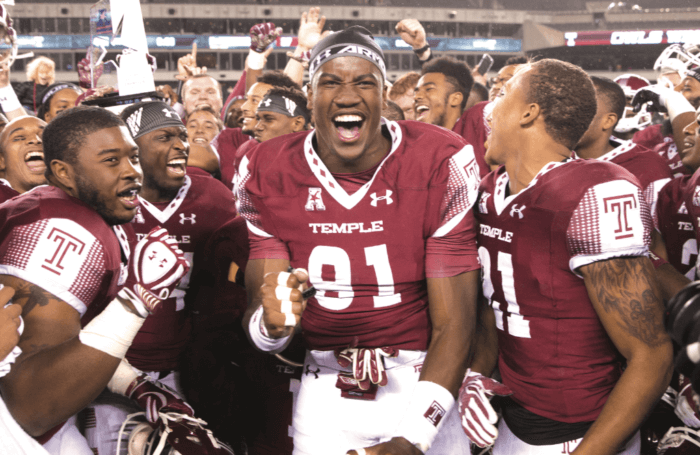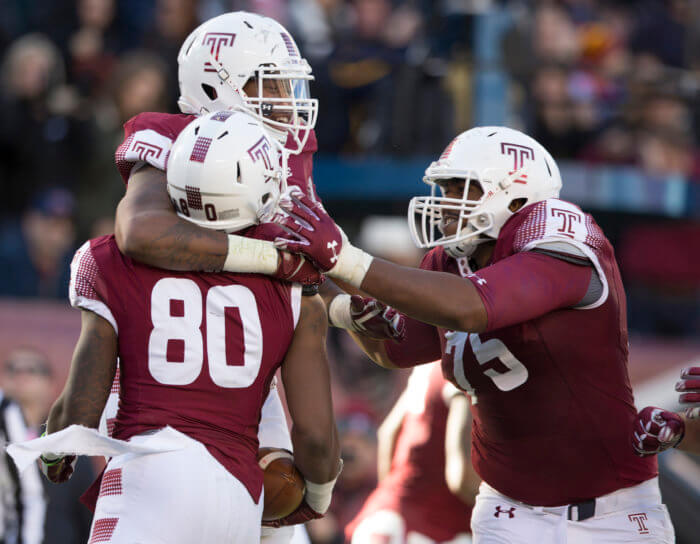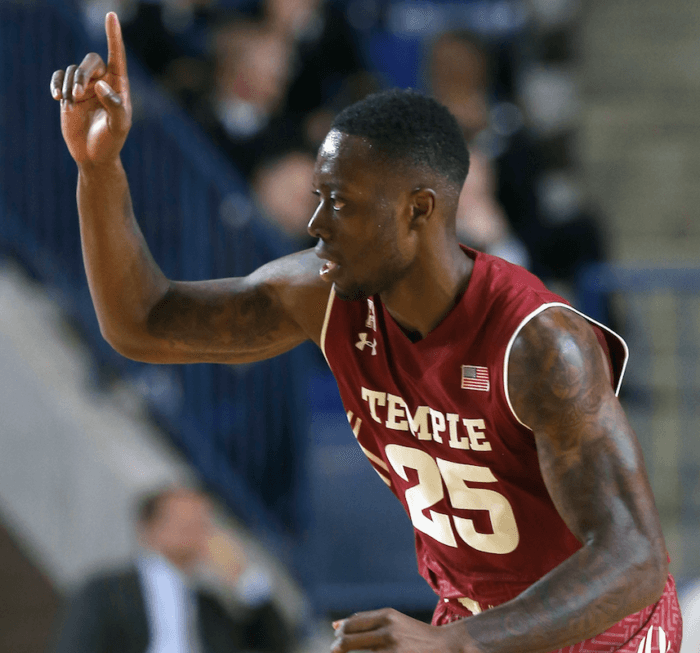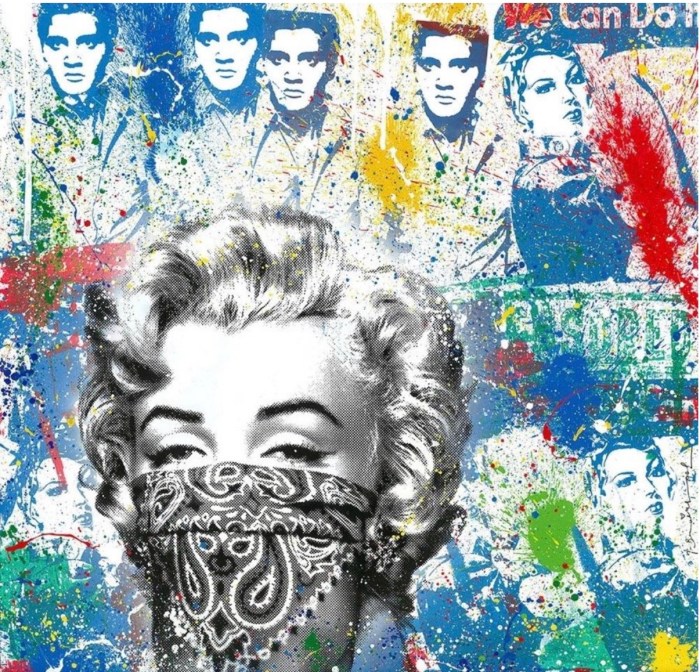A new “watchlist”is getting a rise out of the academic community, with some of its members calling it “nonsense,” “Orwellian” and even “the worst of McCarthyism.” Set up last month by political action committee Turning Point USA (TPUSA), the Professor Watchlistincludes the names of nearly 200 members of higher education, targeted for furthering “a radical agenda in lecture halls.” Their perceived offenses vary, and include addressing white privilege in the classroom, advocating for free or reduced-price college tuition, expressing a dislike for Republicans or conservatives, saying climate-change deniers are wrong or saying that all white people were responsible for slavery. Turning Point’s director of Constitutional Enforcement and Transparency said these aren’t “hearsay accusations,” but instead documented instances, with news sources to back them up. “This site is a beautiful example of freedom of speech,” Matt Lamb told Metro, adding that the information the site aggregates about academics is publicly available, and the site is intended to serve as another resource for “conservative libertarian students.” But educators on the list — four of whom work in Philadelphia-area universities — fear the effect such a blacklist has on freedom of speech in academic halls.
“Allegations are supposed to include anything that is quote-unquote un-American,” said Joseph Schwartz, a professor of political science at Temple University. “But it’s the very opposite of what it seeks to achieve. It’s intolerant of disagreement, but also wants to rat out professors who are in disagreement with their views.” An award-winning educator, Schwartz’s name appears on the list because of a 2013 incident, when he went on a vulgar rant during a panel discussion hosted by Temple’s College Republicans. When a representative from the Pennsylvania Right to Work Defense and Education Fund declined to answer questions from Schwartz and a student sitting next to him, the professor yelled, “Oh come on, f–ing a–. I believe in the religion of foul language.” In a letter sent to College Republicans after the incident, Schwarz apologized, saying, “While passion is understandable when discussing issues that profoundly affect the lives of ordinary people, one should address others in a respectful manner.” Joseph Oleksak, then-chairman of the student group, responded in an email Schwartz shared with Metro, accepting the professor’s apology,expressing disappointment with the representative’s handling of the presentation and acknowledgingthat Schwartz is a “fair and level-headed professor.” But that exchange isn’t present on Professor Watchlist. Only a link to a Fox News opinion piece about Schwartz’s outburst. On not offering a full picture of the incident, Lamb said professors named to the list are welcome to contact the team.
“But the point of our website is not to…invite professors to argue with us,” he said.
Some professors have taken to the media to voice their concerns with the “hostile climate” such a watchlist can breed. Among them include Anthea Butler, a University of Pennsylvania professor who has been listed for inflammatory tweets. Butler declined to offer Metro a comment on the matter, but shared a link to her opinion piece published in The Guardian where she makes claim that the list fosters an “Orwellian environment” on college campuses. “These types of attempts to influence campus culture and teaching are disturbing. It creates an environment where the very idea and understanding of academic freedom and first amendment rights are called into question — not only by students, but also by well-funded outsiders with agendas,” she wrote. “I can teach a course like Religious Right in America at the University of Pennsylvania because of the institution’s commitment to academic freedom and discourse,” Butler continued. “So when groups like Turning Point USA say that I should be watched because I am advancing a radical agenda in the lecture hall, maybe I should. I’m teaching about their organizations, and how conservatives think. Radical indeed.” Butler made headlines in recent years, for writing God is a “white racist” after George Zimmerman was acquitted in the death of Trayvon Martin. She attracted attention in 2015 for tweeting “If only there was a ‘coon of the year award‘”in response to an article in which Ben Carson advocated Americans’ right to fly flags, including the Confederate flag. Sara Goldrick-Rab, a sociology and higher education professor at Temple, also found herself on the list for actions on Twitter. Recalling a discussion she had with her grandfather on fascism, Goldrick-Rab tweeted in 2015, “My grandfather, a psychologist, just walked me through the similarities between Walker and Hitler. There are so many- it’s terrifying” Goldrick-Rab was at the time a professor at the University of Wisconsin-Madison, which she left after receiving hate mail from critics of her statement against Wisconsin Gov. Scott Walker – “a loathed figure among educators,” she said. “I really believe in free speech,” Goldrick-Rab said. “We should be having a discussion about what it really means to protect ideas — to be tolerant of ones you don’t agree with, not shut ones down you say we shouldn’t be allowed to teach.” Butler, Goldrick-Rab and Schwartz were named to the list for their actions outside a classroom, and not in their official capacity as university faculty. Yet Lamb doesn’t see a distinction.
“As an academic, their reach goes beyond the lecture halls,” Lamb told Metro. “They want speeches; they want to publish papers. Your ability to fairly cover that subject should be called into question. It’s reflective of their larger academic work.” Lamb called on Melissa Click, a former University of Missouri communications professor, to illustrate that point. Last November, Click attempted to block a student journalist from covering a campus protest, and was caught on camera saying, “I need some muscle over here!” She was excoriated by conservatives who saw her as speech-intolerant, and by the media for her attempt to restrict video recording in a public area. Click was fired when a petition calling for her removal garnered more than 3,500 signatures. Lamb said professors should participate in politics, but with the expectation that they will be documented and held accountable — like Click.
Goldrick-Rab and Schwartz said Temple hasn’t issued a statement to faculty, but said they feel secure because of their tenure. The watchlist, however, could have an effect on professors who aren’t tenured or are early in their careers, or on state funding to schools. “I’m a professor with ideas that are popular with students, but are not always popular with administrators,”Goldrick-Rab said. “Tenure really matters for someone like me. Anyone with unpopular ideas or ideas that haven’t become popular yet needs that kind of thing.” “I think that the intention is to try to keep higher education from being a place that disputes or challenges big ideas,”she continued. “If we’re moving toward a regime where we’re gold what to do, higher ed may say ‘not so fast.'” “I think it could have a chilling effect [on the classroom],” Schwartz echoed, adding that it could encourage random attacks on faculty.
“In the age of [President-elect Donald] Trump and the growing far-right, it could lead to state legislature attacking professors,” he added. “It’s very irresponsible.”
Lamb denied the critique, explaining that TPUSA is not Alt-Right and doesn’t associate with the movement, which espousesracist, anti-Muslim, anti-immigrant and white nationalist ideals. The release of the watchlist on Nov. 21 wasn’t tied to the election, either, he said. Instead, Lamb likened the list to indexes that rank a campus’ safety for LGBTor Muslim students, explaining that there’s a “liberal intolerance” on college campuses against conservatives. “Divisiveness isn’t coming from our database,” Lamb continued, “it’s coming from extreme professors who are not open to debate.”
Still, one professor isn’t buying in to the hype. Regina Austin, an expert in race relations, appears on the watchlist for promoting ideas of social justice in her classroom. On a call with Metro last week, Austin said pointedly, “I don’t talk about that crap,” and hung up.



